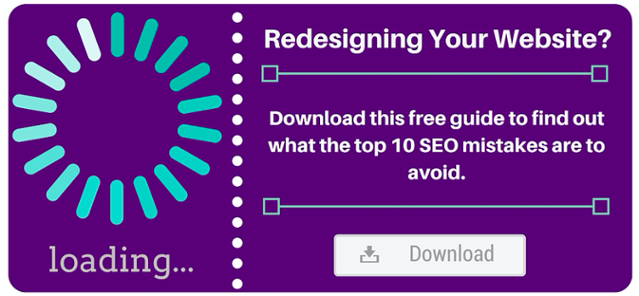To many of us, how Google does what it does is a mystery. Technically, it is an algorithm, but it is not easily understood.
Recently, Bloomberg broke news about Google’s new RankBrain and Search Engine Land quickly follow up with a story. Here is the scoop on RankBrain and how it affects search.
What is RankBrain?
It is a “machine-learning” artificial intelligence algorithm that helps Google retrieve results from search queries.
What does that mean?
It means that RankBrain is like a computer teaching itself, as opposed to being programmed or taught. Artificial Intelligence (AI) is the idea that a machine can be as smart as—or even smarter—than a human. How? By learning what it is taught and (here’s where it gets weird) by organically building upon that knowledge.
So, is this a new search algorithm?
No, RankBrain is part of Google’s overall algorithm, known as “Hummingbird.” As we understand it, Hummingbird relies on various components to return search results and RankBrain one of those components. Other well-known parts of Hummingbird including, Panda, Penguin, Payday, Top Heavy, and Mobile Friendly.
Is Hummingbird an awesome name?
Yes, it is an awesome name for something “fast and precise.”
But what about “PageRank”?
PageRank is also part of the overall Hummingbird algorithm, which is targeted to giving pages credit from link pages. PageRank does have a certain nostalgic charm as it was the first name that Google ever gave to one of its parts and is meant to honor CEO and co-founder, Larry Page.
How does it improve search?
This google update is already helping retrieve results. The company recently discovered that large portion of the millions of search queries they get every second are already relying heavily on RankBrain for results. And, it is the third strongest signal out of the hundreds of signals in the search engine.
What are signals?
Signals are the things that Google uses to determine web page ranks. For reference, Google uses more than 200 major ranking signals, which can have up to 10,000 sub-signals. And, out of hundreds of signals, the RankBrain AI algorithm is rapidly becoming an integral part of the overall search algorithm. Content and links are the first two signals.
So, does RankBrain make Google smarter?
Let’s face it, Google has always been really smart, and this is just another way that it is getting even smarter. Initially, “stemming” allowed the search engine it infer meaning and return results. Then, 2012’s Knowledge Graph, allowed them to go beyond “strings” to “things” by connecting letters to actual things. For example, Google can understand that letters make up a word, that word is a name, and that name is an actual person or a “thing.”
This update takes things a step further. Search Engine Land estimates that Google processes up to 3 billion searches a day. And while they rely heavily on automation, that still requires a lot of people conducting a lot of work. RankBrain, which is designed to help interpret queries—especially those that are long, confusing, or complex—to find the best search results. It is able to see patterns between seemingly unrelated things and understand if and how they are similar.
How does it affect me?
Most likely, it is already helping you. Despite recent attention, a soft rollout began last fall, unbeknownst to many.
Remember, the RankBrain update is designed to learn continually, so, in theory, the more data it is given and the more it is used, the more it learns. RankBrain learns offline by interpreting batches of historical searches and making predictions from them.
Am I the only one confused?
No. This is highly complex information. Feelings of confusion and anxiety are natural and to be expected.
If you still have questions about search and SEO, take advantage of this guide to find out what not to do.
